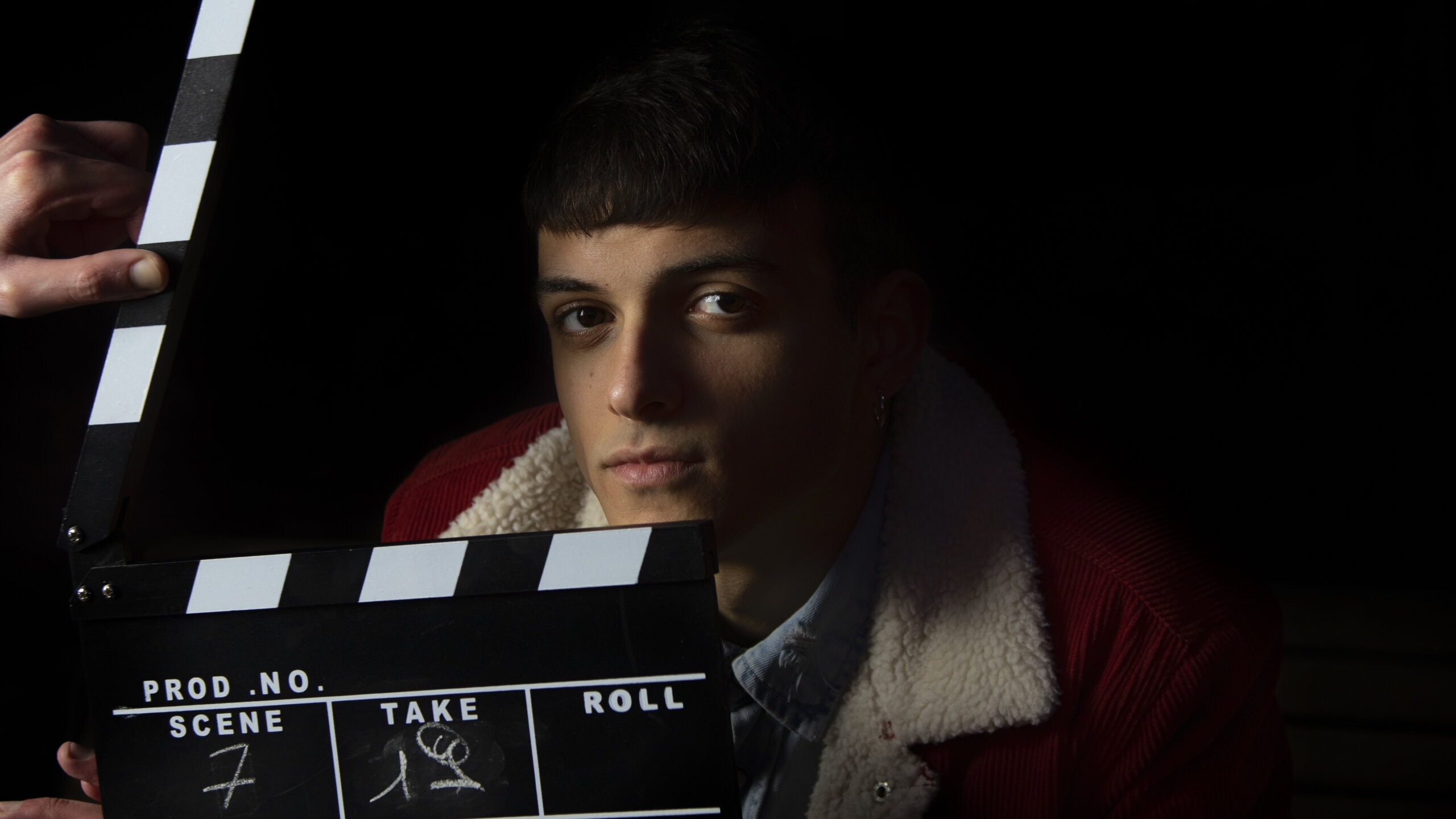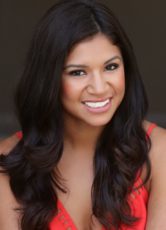
The internationally renowned directing and acting coach Judith Weston has dedicated herself to connecting actors and directors for 35 years. Weston’s students include Alejandro G. Inarritu (The Revenant, Birdman), Ava DuVernay (Selma, A Wrinkle in Time), Taika Waititi (Jojo Rabbit, Thor: Ragnarok), Steve McQueen (12 Years a Slave), and David Chase (The Sopranos). She also authored two books, Directing Actors: the 25th Anniversary Edition and The Film Director’s Intuition which are often used in film schools. But it’s a mistake to assume that a book for directing actors has little to offer actors.
As one reviewer puts it:
“Actors—this book helps us define and direct our own complicated selves and processes. Directors and actors use a lot of the same tools, so this will help everyone speak the same language!”
Essentially, Weston’s practical, down-to-earth advice serves as a guide to effectively improve the relationship between directors and actors to inspire natural, realistic performances. She also offers valuable insights into script analysis. While Weston has a studio in Los Angeles where she conducts acting and directing workshops, these days she holds workshops via Zoom.
Weston is known for putting directors in the shoes of actors in her workshops, so they can participate in improvisations, monologues, and two-person scenes. In doing so, she helps the filmmakers learn to better appreciate, inspire, and communicate with actors. She helps them collaborate with performers while still maintaining their authority over the project at hand.
The Creativity Killer for Actors
Weston cautions actors who, during a performance, find themselves thinking, “I’m supposed to be angrier here,” or “I’m supposed to be really sad here.” “As soon as you start telling yourself your feelings are wrong, you can’t do anything creative,” she insists. “As soon as you start telling yourself that your impulses are wrong, you can’t do anything creative. It’s a kind of trust.” She believes acting is an opportunity to really dig deep into honest emotions. “Acting is where you get to not have to tell any damn lie at all. You can always tell the truth—the truest truth that you understand about life.”
Always Consider Two or More Approaches to a Character
It can be a touchy subject when actors and directors don’t see eye-to-eye creatively. What happens when an actor and director disagree about an aspect of the character or a motivation?
Weston advises directors:
“In your preparation, find your own voice, find your own idea …but then take the time to make yourself think, ‘How could it work otherwise?’ Now, I should give you an example. Like what if your idea is that these two characters have been secretly in love since childhood. Okay? And that could be a very fruitful idea for a lot of different situations. But I still think it’s helpful to take time to say, ‘What if it’s the opposite? What if their secret backstory is that they’ve never gotten along? You know, that they’ve grown up together, they’ve been next door to each other, but they never were right for each other.’” She encourages directors to consider how the switch-up changes the way they see the characters and how it would impact the way the scene is performed.
“The most helpful thing about doing this,” she states, “is that it prepares you for the actor to have a completely different idea than you. Okay? So the actor has a completely different idea. He says, ‘You know what? I don’t think these people like each other at all.’”
Embrace Different Ideas
This kind of feedback can potentially throw a director off; he or she may think the performer is being critical of the script, the creative approach, or the director’s decision-making. “[This actor is] never going to trust anything I say,” is a fear that a director might have in this situation, Weston says. But, “if you already know that there’s more than one way to understand the character or understand the script, then you’ll be in a much better position to not get freaked out when an actor has a different idea from yours.”
Approaching the conversation thoughtfully with the actor instead of being reactive helps the rapport between the actor and director and ultimately helps the project. Weston advises, “It doesn’t mean you have to take [the actor’s] idea. You can say, ‘Yeah, that’s a great idea. I totally see where you’re coming from. And yet, there’s this scene, there’s this line, there’s this thing that happens that makes me really wonder about that.’”
Want to get your acting career started? Sign up or login to Casting Frontier and start auditioning today!
Related articles:
V.O. Stars The Glow Girls Give Tips for Breaking Into Voiceover
Actors Who Struggle with Shyness
5 Comics to Watch




